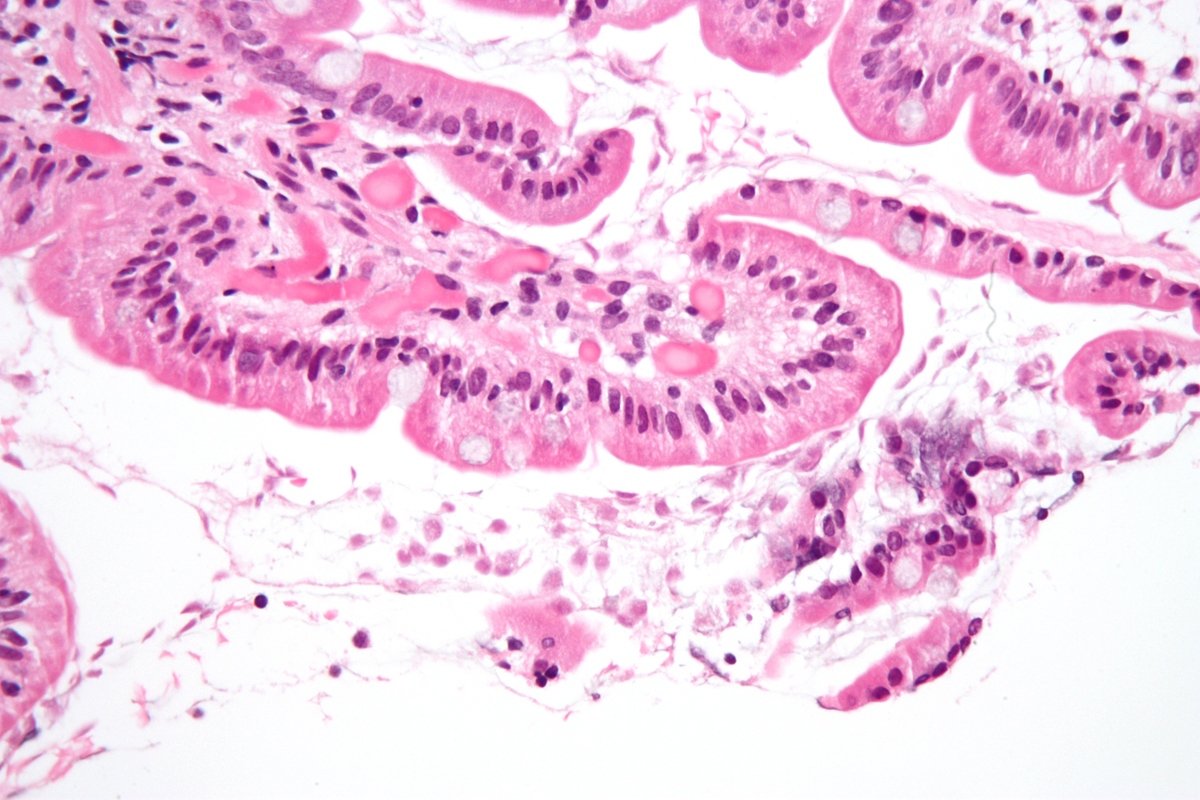
Giardia in Humans
Giardia lamblia is an infective agent, to be more precise a parasite that causes diarrhea in humans. It normally lives in gastrointestinal tract of carriers and is passed in the stool. Giardia lamblia is highly contagious parasite and can cause infection even in small number. People most commonly get the disease via contaminated drinking water. Children are infected three times more than adults.
Symptoms of Giardia in Humans
In some people giardiasis is asymptomatic. In those who do have symptoms of the disease they usually occur seven days after infestation of the parasite. Once they have developed, the symptoms of giardiasis linger for two weeks or even more.
Typical symptoms of giardiasis are abdominal pain and cramps, watery diarrhea without presence of blood or mucus and bloating. People may additionally feel nausea, vomit and have low grade fever. Prolonged diarrhea may cause dehydration.
In chronic form of the disease there is evident loss of appetite which eventually leads to poor nutrition and consequent loss of weight. In chronic giardiasis patients may complain about periods of intestinal gas, abdominal pain and poorly formed stool.
Treatment for Giardia in Humans
Diagnosis can be set with the assistance of a laboratory test. Patient's stool samples are tested. In case of no symptoms and signs of the disease there is no need for treatment. On the other hand, if there are symptoms and signs of the disease the treatment should start as soon as possible. This way transmission of the infection from the patient to other family members can be successfully achieved.
Patients are prescribed anti-parasitic medications. They will eradicate the parasite if taken for 5 to 7 days. Some of the medications administered in giardiasis have several side effects such as metallic taste in the mouth, nausea, and so on. Pregnant women may not be given certain anti-parasitic medications since they can be harmful for the baby. Patients should not take any of the over-the counter medications because they may interfere in regular treatment.
Apart from medications patients are advised to drink plenty of water. Optimal intake of water prevents dehydration, a consequence of prolonged watery diarrhea. Caffeine beverages and alcohol are strictly forbidden.
Prevention against giardiasis can be perfectly achieved by adequate hygienic habits and living conditions. Hands are supposed to be washed after using toilets, changing diapers in children and each and every time before meals. Even children must be taught proper hygiene of the hands. Drinking of bottled water may also help in prevention of giardiasis. Raw fruit and vegetables need to be properly washed prior consumption.


_f_280x120.jpg)




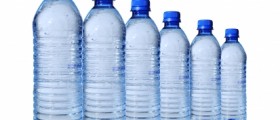




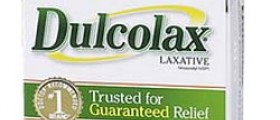
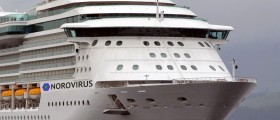

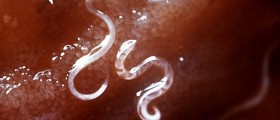

Your thoughts on this
Loading...